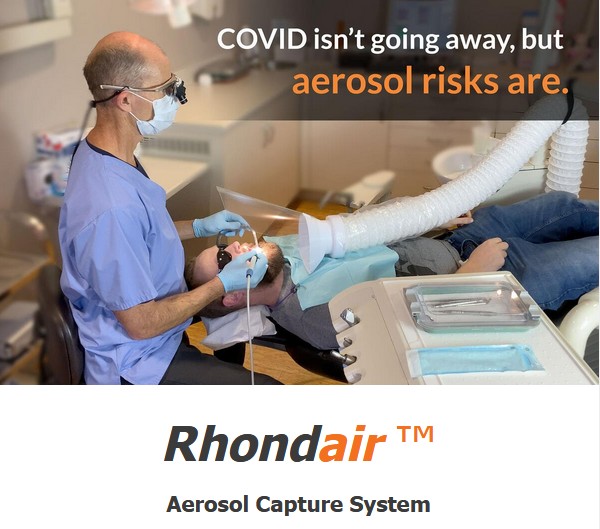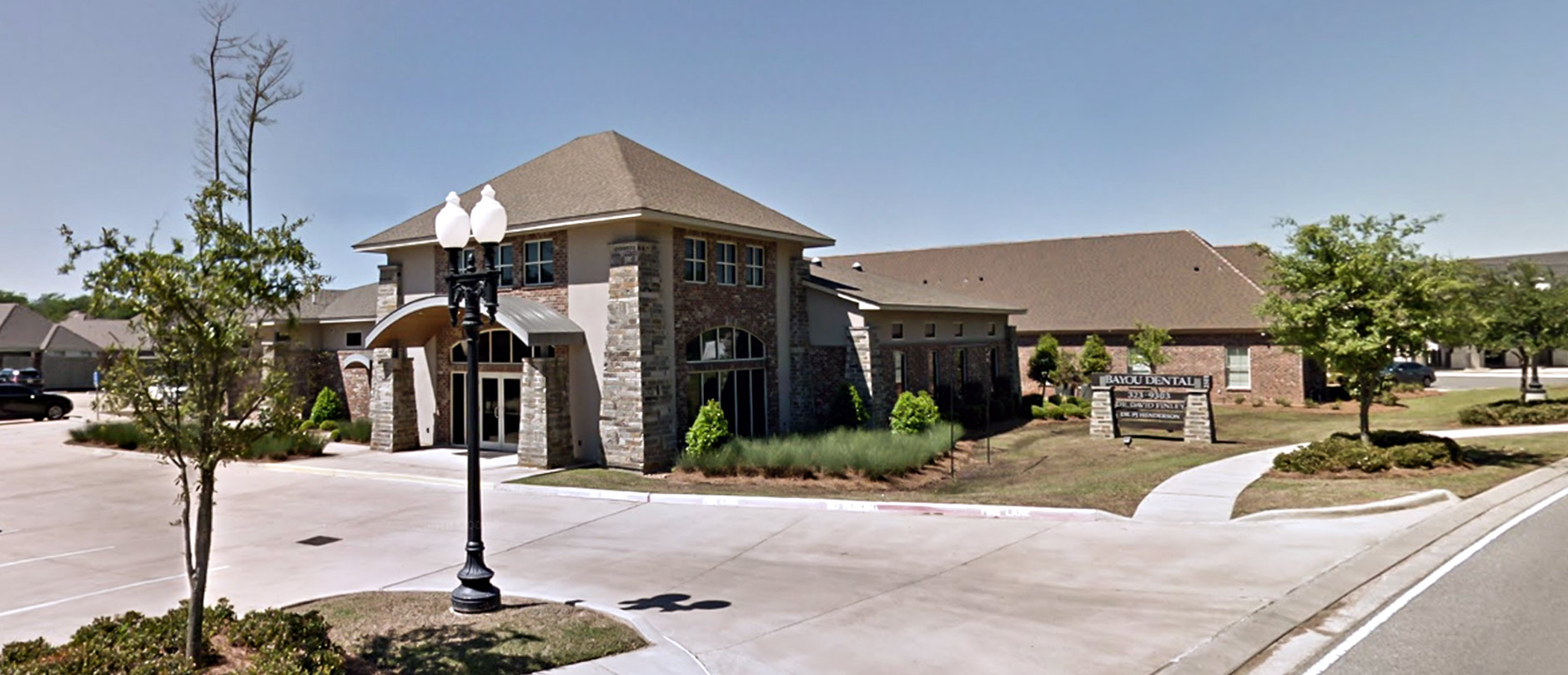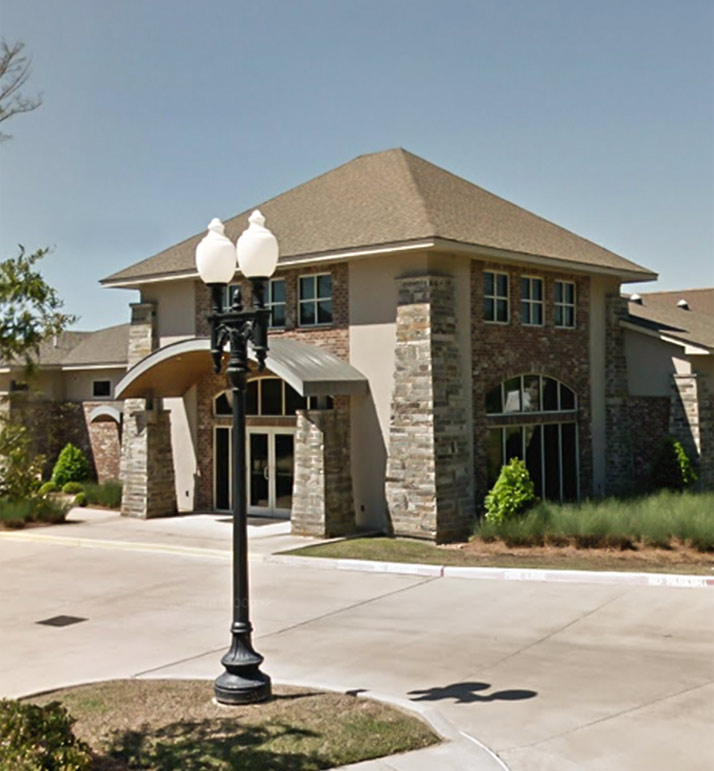Last week I went for a dental implant consultation. The office practiced good safety measures. Instead of sitting in the waiting room, they asked me to stay in my car until it was my appointment time. And they took my temperature. I was surprised that the dental assistant gave me peroxide to rinse my mouth before the dentist came in for an exam. She said that even before COVID, the dentist asked his patients to rinse their mouth with peroxide. Is this common? And does it work viruses? Now, I’m a little concerned about the wisdom of getting dental implants before COVID is over. Should I wait? – Thanks. Nataleigh
Nataleigh,
Although you were in the office for a dental implant consultation, dental equipment, including an ultrasonic scaler, generates aerosols that remain suspended in the air for several hours. Everyone in the office can inhale them. In addition to sterilizing the dental office and keeping it clean, many practices work to minimize infections aerosols. Two ways to reduce the effect of infectious aerosols released during dental treatment are high-volume suction equipment and pre-operative rinse.
High-Volume Suction Equipment

As shown in the photo, some suction devices have a wide opening of at least one foot. The opening is placed near the patient’s face. And the device captures aerosols into a box with a filter.
Pre-Operative Rinse
Although a pre-operative rinse doesn’t reduce aerosols, it makes them less infectious. That’s why the dental assistant asked you to rinse your mouth before the dentist examined your mouth for dental implants. In recent years, dental schools have drained hygienists to use a pre-operative rinse for each patient, but most hygienists don’t do it. More dental offices are using the rinses now, and with Covid-19, some states require it.
Several types of anti-microbial rinses are available. A peroxide rinse is the most effective because it quickly kills oral micro-organisms. And the peroxide rinse in a dental office is a little more concentrated than what’s available to the public, which is 3% peroxide. While the American Dental Association recommends at least a 1.5% concentration of peroxide, many dental offices use 4% or 5%. Rinsing with peroxide is effective at killing bacteria and viruses. Any aerosols that dental treatment generates will be much less infectious.
During your dental implant consultation, the protocol was safe, effective, and protects your oral health and well-being.
Should You Get Dental Implants During Covid-19?
Ultimately, the decision is yours. But speak with your dentist about your concerns. And ask about the safety protocol during dental implant surgery and afterward for your follow-up appointments. Also, ask your dentist if waiting for dental implants will affect your oral health. You’ll be able to make an informed decision about when you want to receive implants.
David Finley, DDS, a Monroe, LA, dentist and Fellow of the American Academy of General Dentistry, sponsors this post.





